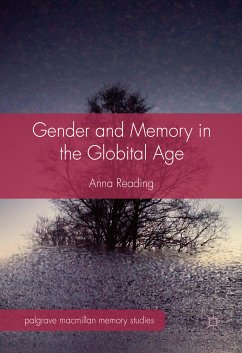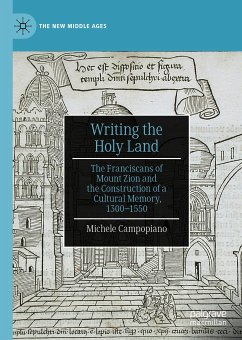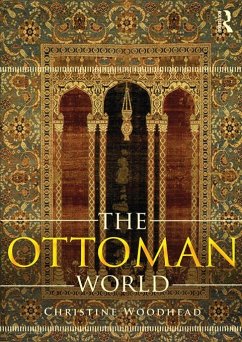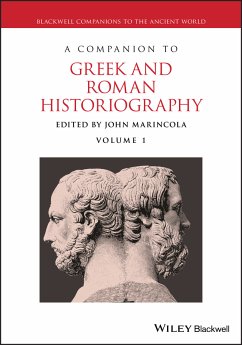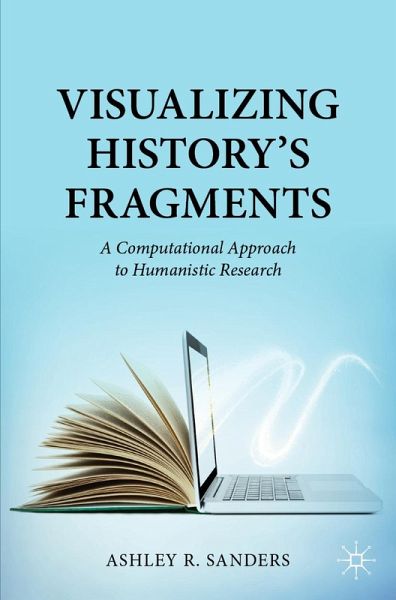
Visualizing History's Fragments (eBook, PDF)
A Computational Approach to Humanistic Research
Versandkostenfrei!
Sofort per Download lieferbar
28,95 €
inkl. MwSt.
Weitere Ausgaben:

PAYBACK Punkte
14 °P sammeln!
This book combines a methodological guide with an extended case study to show how digital research methods can be used to explore how ethnicity, gender, and kinship shaped early modern Algerian society and politics. However, the approaches presented have applications far beyond this specific study. More broadly, these methods are relevant for those interested in identifying and studying relational data, demographics, politics, discourse, authorial bias, and social networks of both known and unnamed actors.Ashley R. Sanders explores how digital research methods can be used to study archival spe...
This book combines a methodological guide with an extended case study to show how digital research methods can be used to explore how ethnicity, gender, and kinship shaped early modern Algerian society and politics. However, the approaches presented have applications far beyond this specific study. More broadly, these methods are relevant for those interested in identifying and studying relational data, demographics, politics, discourse, authorial bias, and social networks of both known and unnamed actors.
Ashley R. Sanders explores how digital research methods can be used to study archival specters - people who lived, breathed, and made their mark on history, but whose presence in the archives and extant documents remains limited, at best, if not altogether lost. Although digital tools cannot metaphorically resurrect the dead nor fill archival gaps, they can help us excavate the people-shaped outlines of those who might have filled these spaces.
The six methodological chapters explain why and how each research method is used, present the visual and quantitative results, and analyze them within the context of the historical case study. In addition, every dataset is available on SpringerLink as Electronic Supplementary Material (ESM), and each chapter is accompanied by one or more video tutorials that demonstrate how to apply each of the techniques described (accessed via the SN More Media App).
Ashley R. Sanders explores how digital research methods can be used to study archival specters - people who lived, breathed, and made their mark on history, but whose presence in the archives and extant documents remains limited, at best, if not altogether lost. Although digital tools cannot metaphorically resurrect the dead nor fill archival gaps, they can help us excavate the people-shaped outlines of those who might have filled these spaces.
The six methodological chapters explain why and how each research method is used, present the visual and quantitative results, and analyze them within the context of the historical case study. In addition, every dataset is available on SpringerLink as Electronic Supplementary Material (ESM), and each chapter is accompanied by one or more video tutorials that demonstrate how to apply each of the techniques described (accessed via the SN More Media App).
Dieser Download kann aus rechtlichen Gründen nur mit Rechnungsadresse in A, B, BG, CY, CZ, D, DK, EW, E, FIN, F, GR, HR, H, IRL, I, LT, L, LR, M, NL, PL, P, R, S, SLO, SK ausgeliefert werden.



